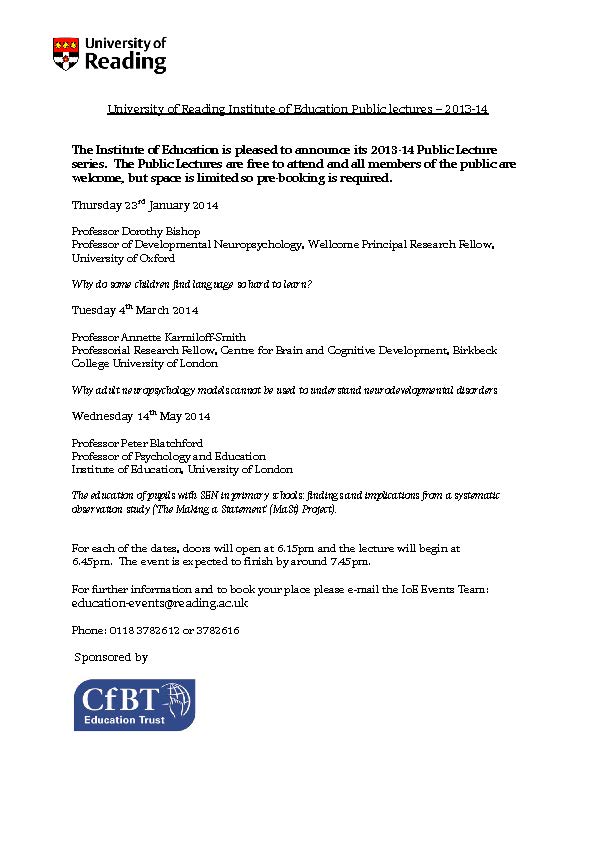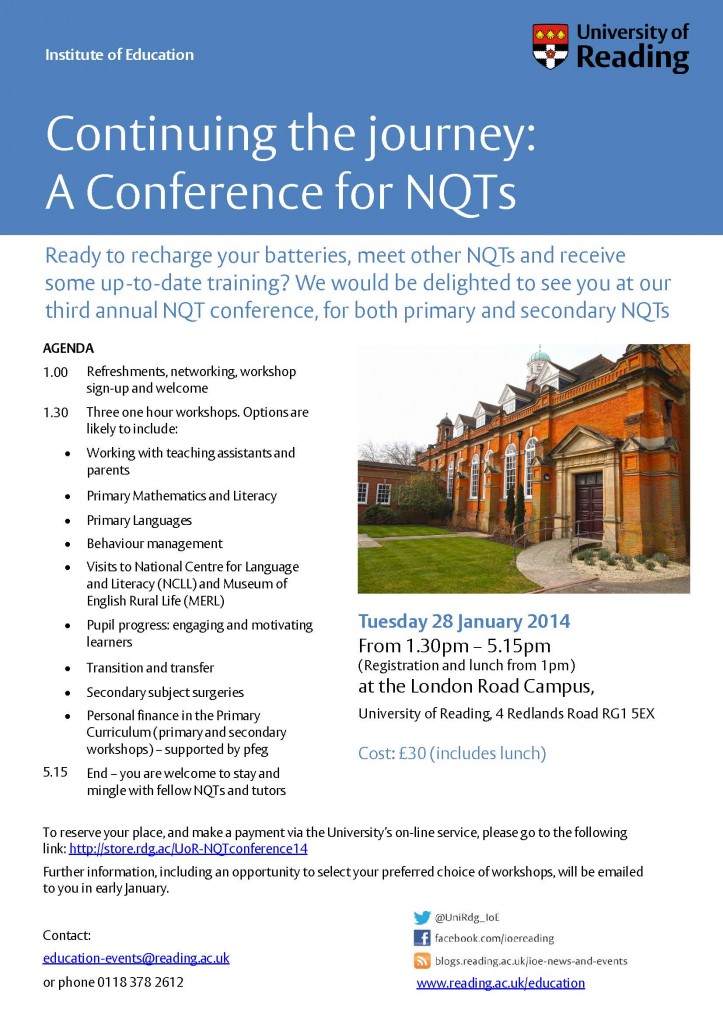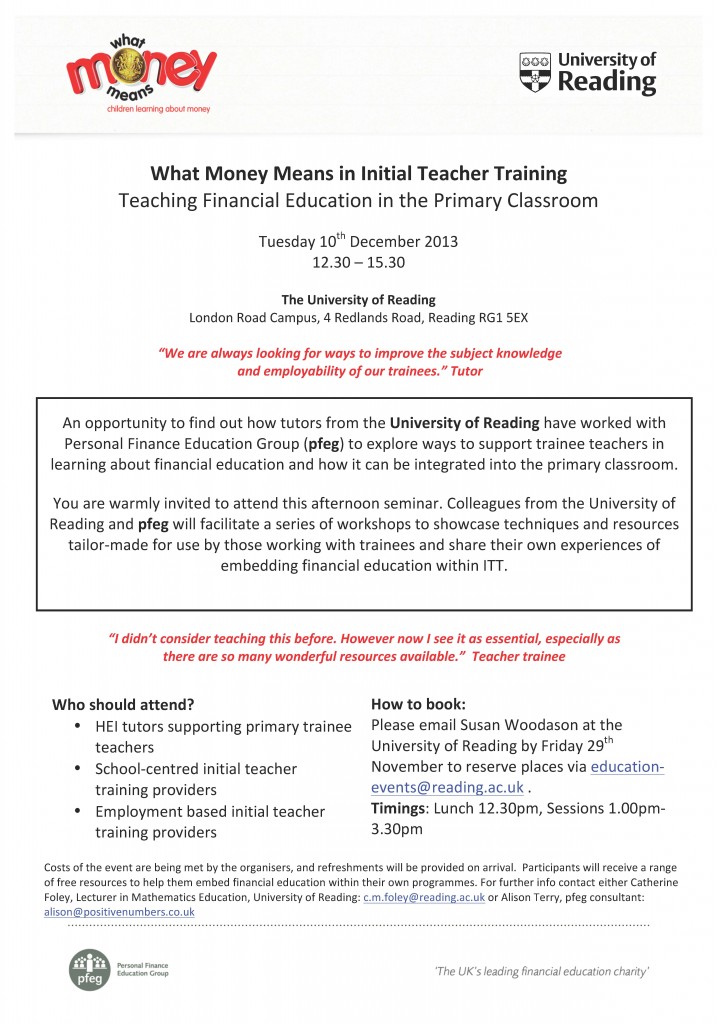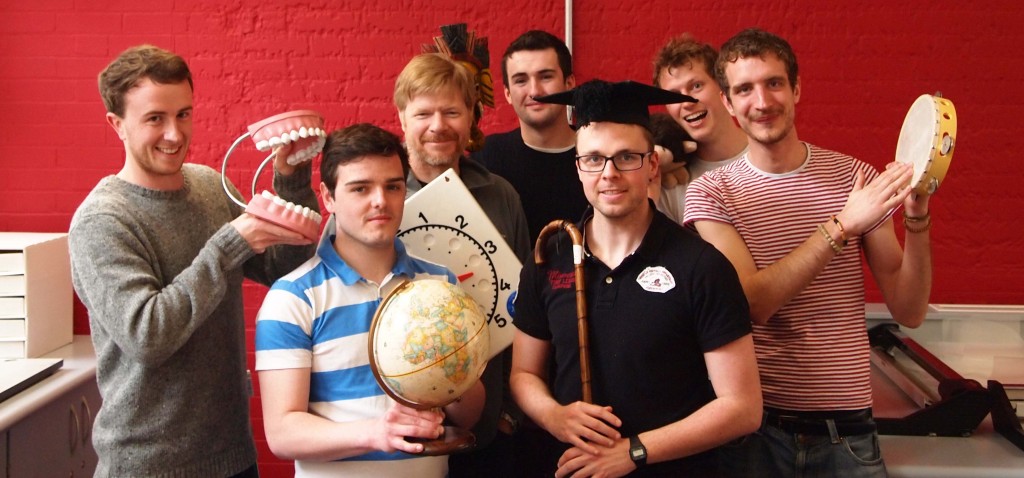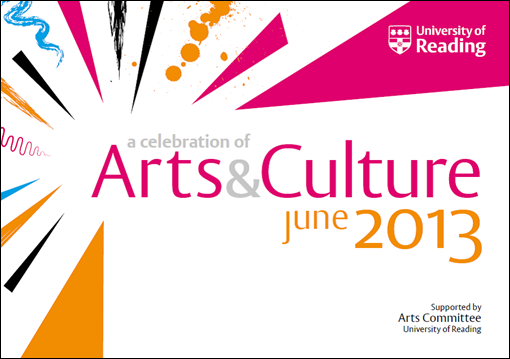The Institute of Education at the University of Reading is welcoming more than 300 school children for an exciting and innovative programme of climate change activities which combine science, maths, history and modern languages.
Over the 3 week programme, which began on the 3rd June, students aged between 9 and 15 are debating, experimenting and interacting to learn about the history of climate change, the main causes, and the overall impacts that climate change might have on them and the wider world.

The activities see children working in teams with coloured balls to simulate the way that carbon moves between atmosphere, ocean and plants in the carbon cycle. Washing up liquid bubbles filled with methane are exploding in a burst of brilliant yellow flame to give a dramatic demonstration of the amount of energy in fossil fuels (all within Health and Safety – of course).
The coupling of the arts and sciences is a particularly unique element of the activities. Groups of children are debating climate change in French, German and Spanish and tracing the history of how water ends up in bottles on our supermarket shelves.

Children are exploring the concepts of heating, cooling and friction by reading Michael Rosen’s poem “Granma’s hands”, a quirky and hilarious mix of science and poetry, as well as science experiments following instructions in French and Spanish. These activities formed part of the Reading Poetry Festival 5-9 June.
The activities are being organised by four trainee teachers under their Further Development Placement which forms an integral part of the postgraduate teacher training offered by the Institute of Education.
Two science and two modern foreign language trainees who have excelled in their previous school placements have teamed up with staff at the Institute of Education to design, deliver and evaluate teaching activities and workshops that help young people understand issues related to climate change.
One of the trainee teachers taking part said: “This is a great opportunity to teach new knowledge in a different language and is especially important for those students not interested in the traditional language topics of ‘the home’, ‘shopping’ and ‘school’ etc.”
Jane Fieldsend, Lecturer in Science Education at the Institute of Education and one of the key organisers of the programme, says: “Developing and delivering these activities is providing our trainee teachers with fantastic practical experience that they can take forward through their teaching careers – we’re really impressed with what they are achieving over the three weeks.”
John Oversby, leader of the EU Changing with the Climate Project, says: “This unique collaboration between outstanding teachers at the start of their careers is a shining example of the kind of creativity and innovation in education that we encourage at the Institute.”
Barbara King, Lecturer in Modern Foreign Languages, says: “A unique aspect of these activities is that science and languages are integrated so that the students develop understanding of both subjects through climate change. This provides a fresh and engaging way to approach modern foreign language teaching.”
Notes:
About the Institute of Education
The Institute of Education at the University of Reading is one of the leading providers of teacher training in the UK offering PGCE Secondary and Primary, BA (Ed) and the Graduate Teacher Programmes (GTP). In addition to those who achieve awards at Master’s and PhD level, every year, close to 500 or our students become newly qualified teachers (NQTs). The University has excellent partnership arrangements with over 300 local schools which employ the majority of our graduates.
www.reading.ac.uk/education
About the Further Development Programme at the Institute of Education
Near the end of their teacher training course secondary trainees are offered a unique opportunity to widen their experience of education by undertaking a special project either in one of the partnership schools or an associate institution. Over the past few years we have built excellent relationships with a number of special schools, pupil referral units (PRUs), museums, field study centres and educational trusts all of which now offer our students the opportunity to widen their experience in an educational setting.
About the Changing with the Climate project
These activities form part of a 3 year EU funded project, led by Institute of Education, called Changing with the Climate, which aims to: establish a network of schools across Europe; enhance climate change teaching and learning and encourage positive action to address climate change.
http://changingwithclimate.info/
See more on Storify>>


